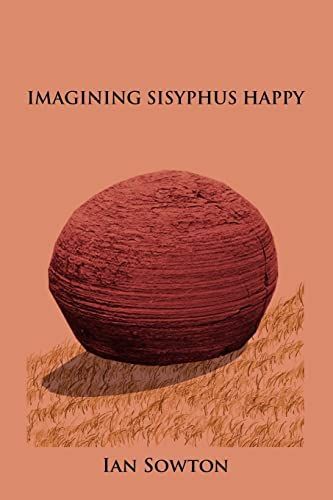
Imagining Sisyphus Happy
In ancient Greek mythology, Sisyphus was condemned by the gods to the meaningless activity of forever rolling a boulder to the top of a hill, then starting all over again after it had promptly rolled back downhill. Taking its cue from the famous essay on Sisyphus by the French existentialist writer Albert Camus, this book's paradoxical title and title-poem suggest the imperative of refusing to despair, of choosing oneOs own meaning and taking responsibility for it. Although Imagining Sisyphus Happy includes poems of complaint, mourning, and contemptuous or exasperated satire, the bookOs overall stance affirms that existential imperative of refusing to despair. As a group these poems might be trying to imagine Sisyphus happy but they discourage IOve-got-the-truth certainties of every stripe. A number of these poems are at home in an urban cityscape, with various Toronto streets, parks, and backyards as their setting. As in the authorOs first book of poems, Intricate Armada (2005), here there is a considerable range of tones, moods, and voices; these poems are not for readers looking for a single, confidently settled point of view. The prevailing form in this new book of poems is so-called 'free verse', but there are some ballad-like poems and brief forays into very strict forms such as glosa, villanelle, and sonnet. Mercy Jones, who is quite a strong presence in Intricate Armada, makes some further appearances in this volume, along with a new character called Tewler. DonOt ask the author where Mercy Jones or this guy Tewler came fromÑhe doesnOt know.